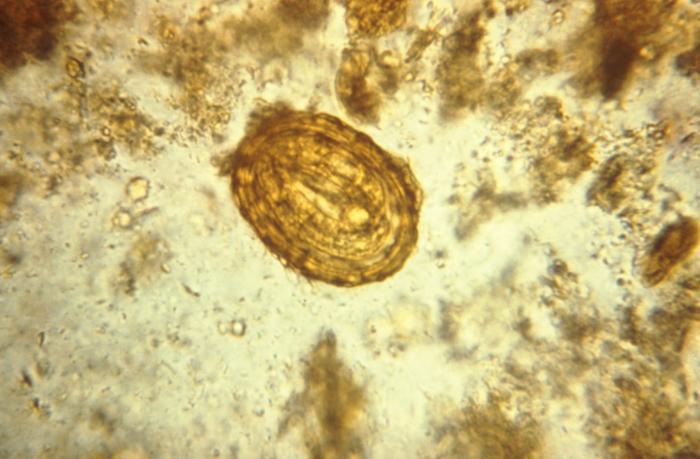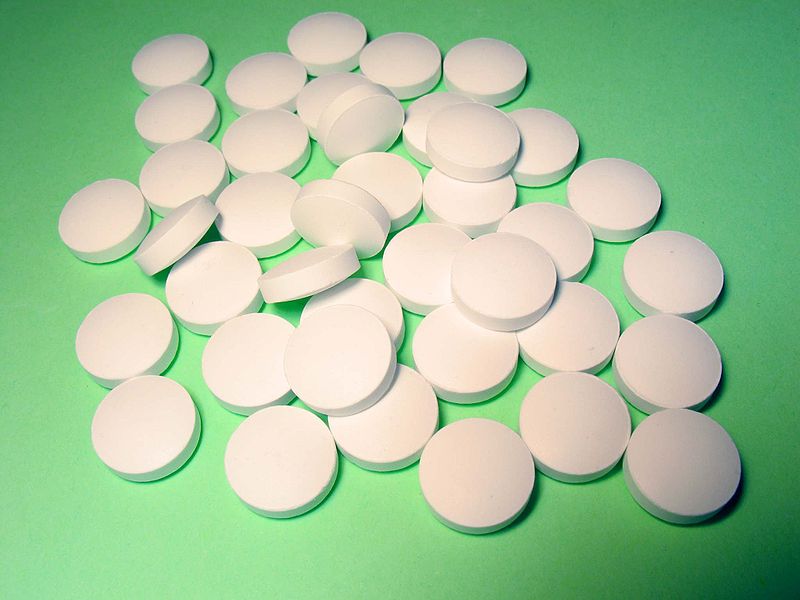Fungi constitute an important group of eukaryotic organisms ranging from unicellular to multicellular organisms, such as yeasts, molds, mushrooms, etc. Mushrooms are the largest fungi existing in the universe.
Pneumocystis jiroveci is also a fungus but does not respond to antifungal agents, rather anti-protozoal agents. Pulmonary manifestations are those of immunocompromised. Co-trimoxazole and trimethoprim have some activity.
Fungi are different from bacteria. They have larger size and the cell wall is more. Sterol part of cell membrane consists of ergot instead of cholesterol.
Fungi are capable of constituting number of superficial systems known as mycoses.
Fungi may be found in mucous membranes, skin, scalp, in respiratory tract, submucosal and subcutaneous tissue.
Yeast is also a fungus, producing pathogenic and non-pathogenic manifestations. Non-pathogenic yeast is used for fermentation. It is a common kitchen agent.
Pathogenic fungi may cause serious fungal infections, meningitis due to cryptococcal neoformans, etc.
Some fungi are found in close association with humans (commensulism) e.g. candida albicans. They are not capable of causing infection but when get a chance may cause excessive infection e.g. excessive use of antibiotics. Candida albicans is found in vagina, hair, skin and mouth causing candidiasis.
Fungal infection may be transferred from mother to newborn. It is mostly seen in individuals using antibiotics for prolonged periods, as a result of which immune system is compromised.
Classification of Anti Fungal Drugs
Antibiotics
Azoles
Echinocandins
(newly discovered used in candida aspergillosis)
Antimetabolite
Allylamines
Misc: (mostly used topically)
- ciclopirox olamine,
- haloprogin
- undecylenic acid,
- benzoic acid,
- salicylic acid
Systemic Antifungal Drugs
Systemic Infections (Mycosis)
Mucocutaneous Infections (Dermatophytes)
- Grisofulvin,
- Terbinafine,
- Caspofungin
Topical Antifungal Drugs (Dermatophytes)
Azoles
- Miconazole,
- Econazole,
- Oxiconazole,
- Ketocoanazole
- Clotrimazole
Allylamine:-
- Butenafine,
- Naftifine,
- Terbinafine
Ciclopirox Olamine
Haloprogin
Benzoic acid,
Salicylic Acid
Continue Reading
Antibiotics Used Against Fungi -Amphotericin B, Griseofulvin and Nystatin
Anti Fungal Drugs -Azoles, Echinocandins, Allylamines and Flucytosine
 howMed Know Yourself
howMed Know Yourself




